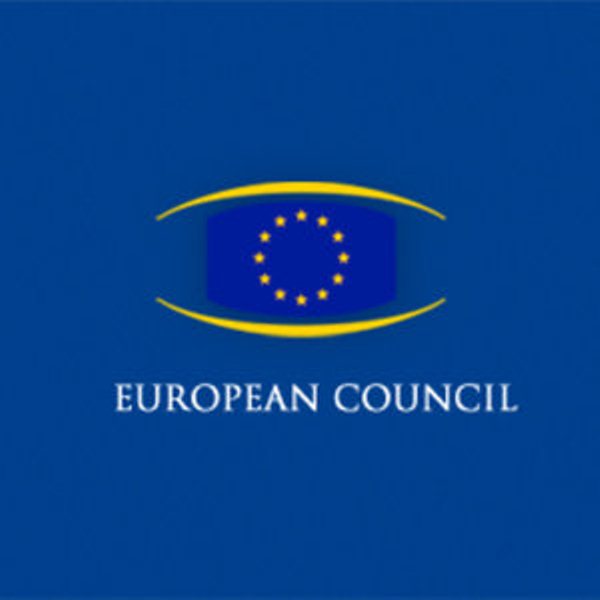The first section of this two-part article series explored the idea of groups and axiomatic belief systems, looking at a few important people and studies over the last century. More importantly, the article argued that diplomacy could be seen as the result of widespread group dynamics and psychology, rather than some mysterious process.
With this foundation in mind, let us now look at the idea of the “Self”. Since groups ultimately consist of human beings, it is necessary to understand how the human self can be influenced. Ultimately, it is the beliefs of the individual that most affect their behaviour. By extension, the collective beliefs of a group are what influence group behaviour. A group’s belief system can also directly impact an individual’s beliefs, creating a kind of cyclical process. Therefore, one can deduce that (1) the stronger the belief system within the individual, the higher the likelihood of influencing other individuals in the group, and (2) the stronger the belief system within a group, the higher the likelihood of influencing its members.
An accessible example to the layman would be the effects of the “Hollywood Culture”. First, however, it is necessary to explain how to measure if an effect is influential or justified. In mathematics, such a concept is referred to as “mathematical rigour”. The average, rational individual could not, for example, hold two objects and claim that they hold five. If, by magic, they suddenly found themselves holding five objects, they could no longer claim to only be holding two. Any change in observable behaviour—whether significantly large or insignificantly small—is nonetheless a measurable result. This constitutes a justified conclusion. While we cannot give a particular reason for the change in quantity of the objects, we can say that a change occurred.
Let us take a real life example: a study by Dartmouth’s Medical School found that52.2% of adolescents with non-smoking parents began smoking after seeing the habit portrayed in a movie. Hollywood’s influence on these adolescents can therefore be described as quite high. Not only is there a high group to individual influence, but one can also describe an effect known to social psychologists as “Group Polarisation”. The latter describes the tendency for people in groups to act in a more intense and risky way than they would on their own. By kicking off, on a subconsciously joint level, a new smoking trend, those adolescents actually became indirectly supportive of each other’s new habits.
Hollywood further constitutes a particularly interesting example in its ability and incentive to listen and respond to its members. In a sense, Hollywood is comparable to a nation state with an implicitly defined belief system. As the group influences the behaviour of its members, it also incorporates the feedback of these same members, often expressed as a collective.
If the group does not successfully influence the behaviour of its members, it will inevitably collapse, the shared belief system slowly dissipating over time. On the other hand, if the group is successful in affecting the belief system of its membership, group cohesion will increase. This process actually occurs more intensely than one would suspect, caused by an effect known as “Pluralistic Ignorance”. Pluralistic Ignorance refers to a group’s believing something“in public”, but rejecting it “in private”, amongst its individual members. Let us look, for example, at the story of “The Emperor’s New Clothes”. Although everyone knew, privately, that the Emperor was naked, nobody would publicly admit it.
This phenomenon is especially rampant in areas like colleges. Studies have shown, for instance, that while in dorms, both genders greatly overestimate the comfort level and frequency of sexual activity in the other gender.
It is clear then that there is a direct association between the self and the groups to which the self belongs. The underlying belief systems of the group and its members act symbiotically. As individual choose to participate in a certain behaviour, event, or group—whether by choice or by pluralistic ignorance—they are directly influencing their own future behaviour as well as that of their group peers (and by extension, the group itself).
In Part Three, we will explore how groups and individuals’ behavioural cycles extend to the field of diplomacy and the concept of nation states. We will specifically look at examples of this behaviour throughout the world, and what they imply for geo-politics today and in the future.




